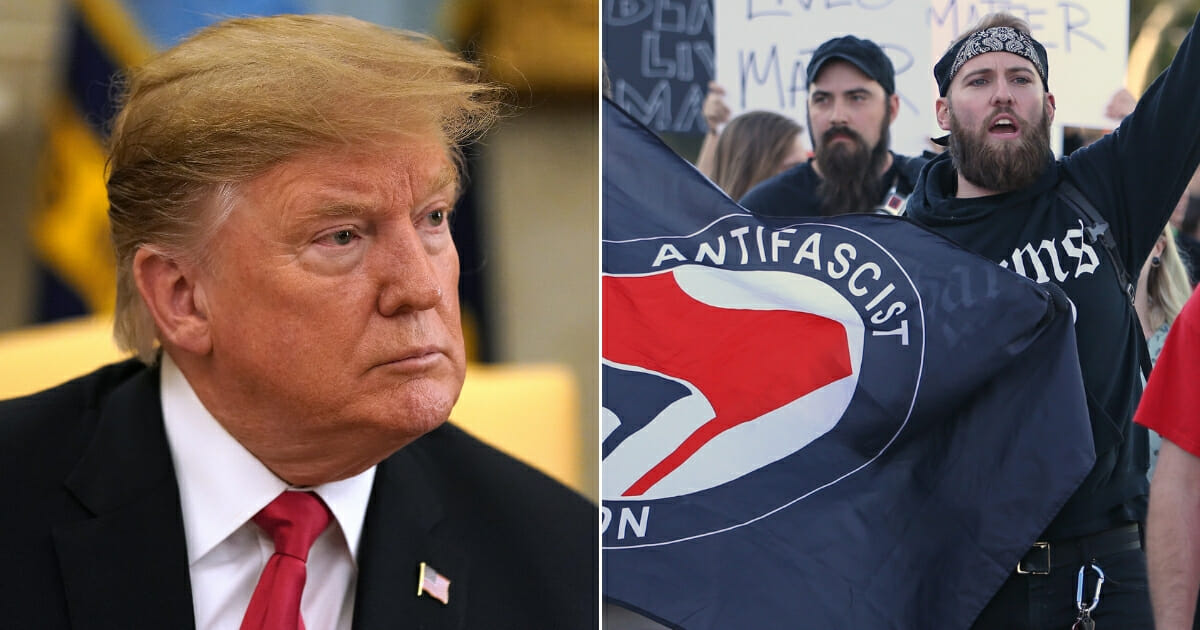
Bob Ehrlich: Thanks for Taking a Stand for Free Speech on Campus, Mr. President
News headline: “President Trump Signs Executive Order To Protect Campus Free Speech”
It is easy to minimize the importance of this recently issued order. I hope you will not indulge the inclination. This long overdue instruction may finally get the academy to recognize that henceforth there will be real costs associated with superficial, politically correct limitations on thought — and speech — on campus.
How did we get to this point? Why would a president lend such gravity to an issue most of us take for granted? A brief retrospective on campus speech provides context.
America’s colleges and universities were rather sedate places, albeit places of de facto limited enrollment of African-American, Jewish, Catholic and female students in the aftermath of World War II. Most were experiencing a period of sustained growth as millions of returning GIs resumed their educations.
But the 1960s brought the age of innocence within the classroom to an abrupt halt. The assassinations of JFK, Medgar Evers, Bobby Kennedy and Martin Luther King (in addition to the Kent State shootings) set the streets — and many campuses — ablaze. These era-defining events provided fuel for the civil rights movement, the anti-war movement and the women’s movement. Suddenly, our institutions of higher learning became ground zero for civil unrest — and sometimes violent demonstrations. Mass protests became the order of the day. A free speech movement arose. The University of California at Berkley became center stage for free speech activism.
America’s media praised the newfound social awareness. After all, was not college a microcosm of our society? And what better venue for incubating societal change?
Now fast forward to the second decade of the new millennium. The free speech movement has become so … 1960s. Today, the campus environment is far more about feelings; about some (invented) right-to-be-free from people and/or events and/or ideas that make one uncomfortable. Here, one’s right to speak freely — engage in unpopular opinion — advocate minority viewpoints — is circumscribed by a new thought police intent on allowing only “approved speech” — no offense meant or taken!
This new platform comes equipped with brand new speed bumps: speech codes, trigger warnings, micro-aggressions — and an enthusiastic array of progressive professors and administrators committed to transforming a culture, one micro-aggression at a time. Their body of work — fragile children ill-prepared for the rough and tumble of real-world confrontation — is the predictable result. Many are no doubt experiencing serious anxiety at the realization there are no safe spaces in the private sector.
Not surprising, the advent of thought police on campus has not coincided with a diminishment of enthusiasm for the college degree. In fact, the race for the holy grail has only accelerated as competitive colleges became even more competitive — and expensive. Many parents do not necessarily like the new totalitarianism on campus, but they take it. No parent wishes to put their child at a disadvantage when it comes to admissions.
In retrospect, it is clear how the left has been able to have its cake and eat it too; how so many of our elite colleges became ever-more competitive at the same time the administrators and faculty who ran them became ever-more hostile to the foundational values that had previously defined the college experience.
Further headshaking is appropriate when college fundraising structures are added to the equation. Talk about chutzpah: the guilt-edged operation known as “annual giving” has morphed into high art, as endowments climb into the (many) billions at our elite universities but always against a familiar chorus of “never enough.” At the same time, more and more students are indoctrinated into the downside of free thought and expression, not to mention the particular evils of race privilege, market capitalism, American exceptionalism and whatever other allegedly racist/nativist constructs the speech code purveyors can think of.
It speaks to the continued aura of the college degree (especially the prestigious degree) that so many parents — the funders who after all pay the tab – choose to ignore the damage being inflicted before their very eyes.
All of which brings us back to the president’s explosive executive order. How ironic that a Republican president now borrows a page from the progressive playbook by using economic leverage (loss of federal funds) to attain what is identified as a “conservative” result — but in reality is one only of fairness and balance.
The rats are presently scurrying through their response strategies. Howls of anguish are raised. Some claim with a straight face that language codes are not governors of free speech, while others will look to the courts for relief. The most doctrinaire miscreants are unable to fathom how higher education can survive. It will be interesting to see how it all plays out, but I for one am grateful that the president chose this time to take a stand.
If you think this is not a front-burner issue, that freedom of speech and association on campus are not at a tipping point, recall recent polls that reflect a majority of our young people have a positive view of socialism. Enough said.
The views expressed in this opinion article are those of their author and are not necessarily either shared or endorsed by the owners of this website. If you are interested in contributing an Op-Ed to The Western Journal, you can learn about our submission guidelines and process here.
Truth and Accuracy
We are committed to truth and accuracy in all of our journalism. Read our editorial standards.
Advertise with The Western Journal and reach millions of highly engaged readers, while supporting our work. Advertise Today.












